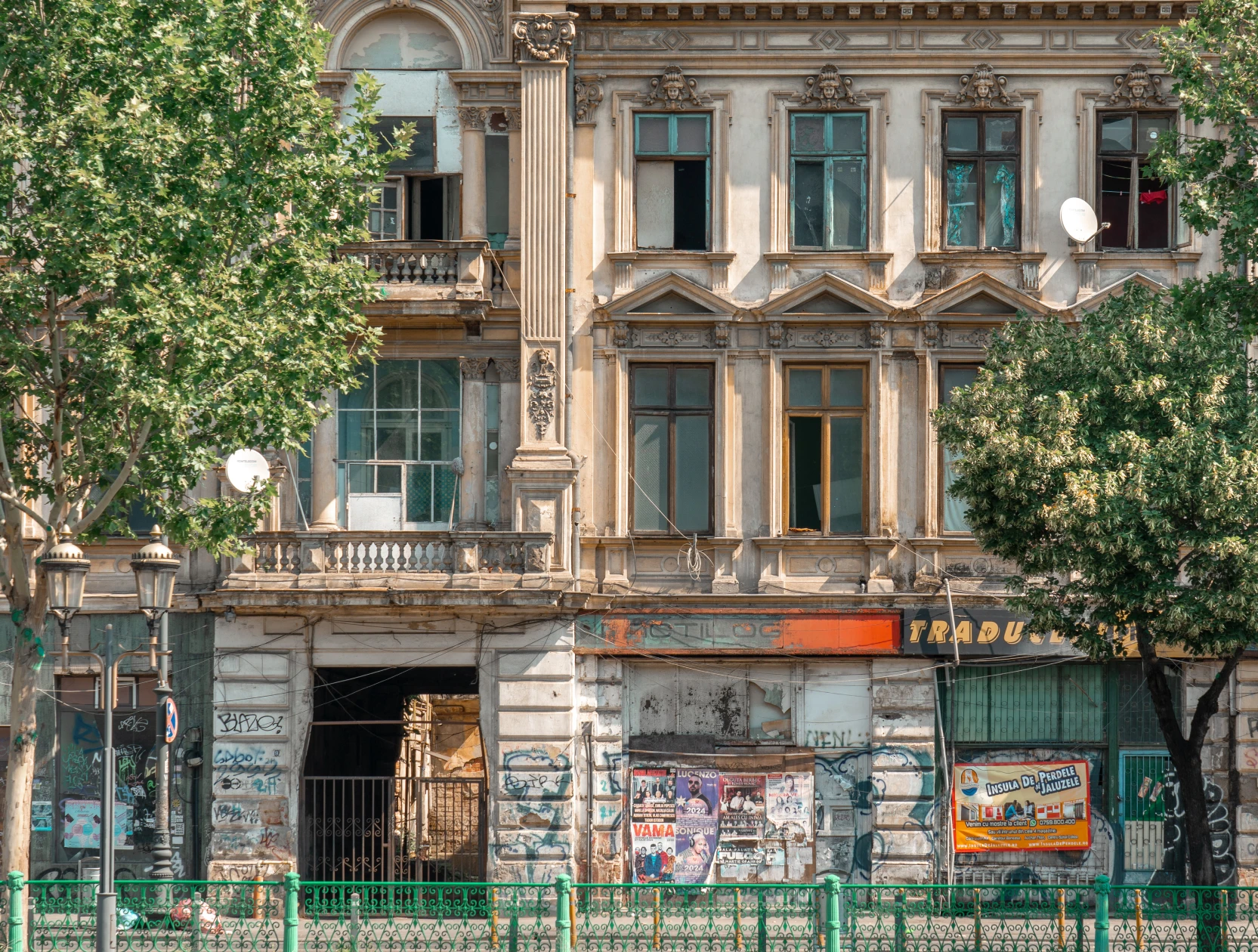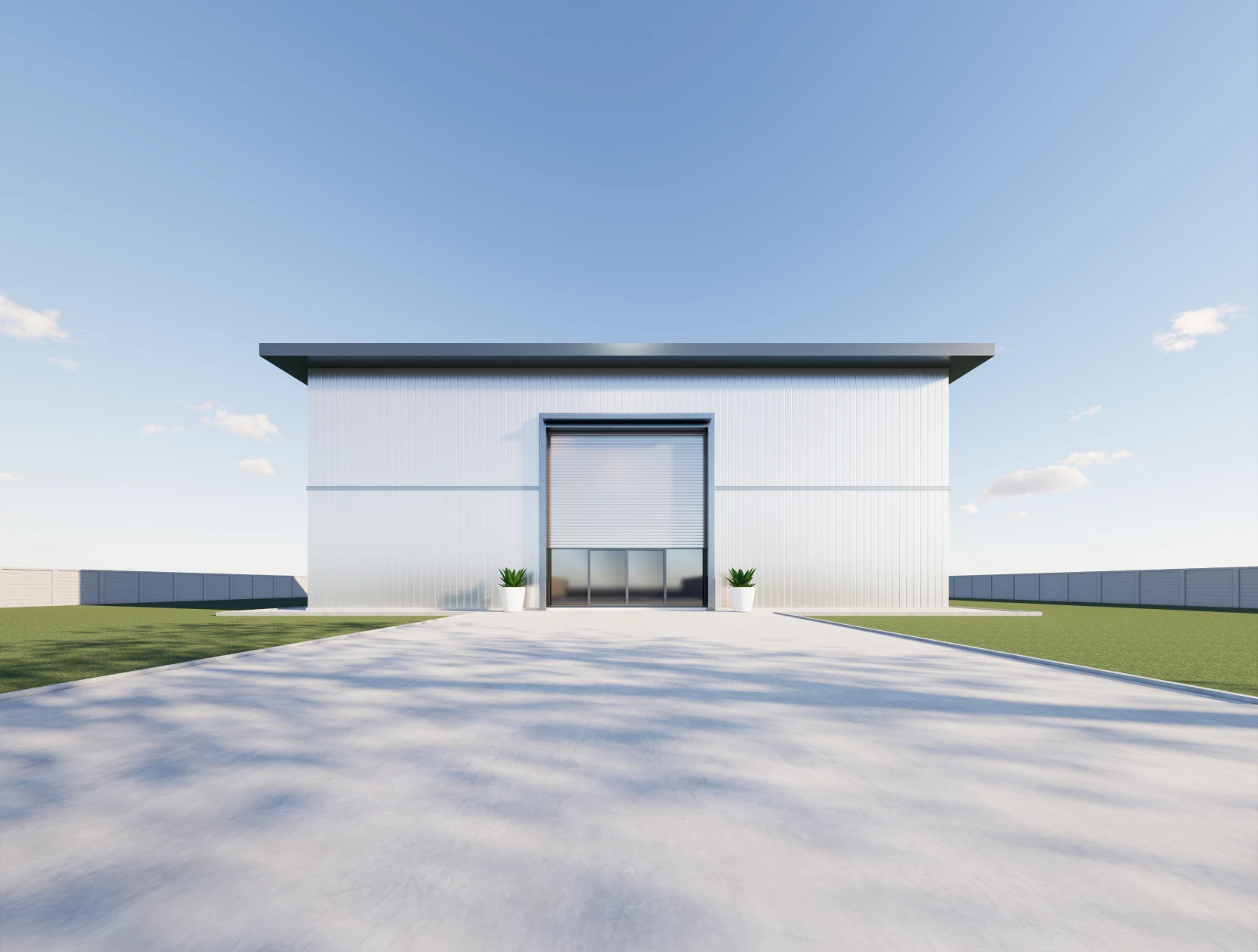Vacant Property Liability Insurance
Protect Your Unoccupied Properties
Owning property is one of the most significant investments you’ll make in your lifetime. However, when that property is vacant, it presents a unique set of risks that traditional home or commercial insurance policies might not cover. If you’re selling, renovating, or dealing with tenant transitions, vacant property liability insurance can protect your investment from potential losses and liabilities.
At Best Buy Insurance, we understand the complexities involved with insuring vacant properties in Ontario. This page will guide you through what vacant property insurance entails, the risks of unoccupied buildings, and why it’s crucial to have the right coverage in place.
What Is Vacant Property Liability Insurance?
Vacant property liability insurance is a specialized policy designed to cover properties that are unoccupied for an extended period—usually 30 days or more. When a property is left vacant, it faces higher risks such as vandalism, theft, fire, and even liability issues if someone is injured on your property. Standard home or commercial insurance policies often exclude these risks once a property is considered vacant, which is why this type of insurance is essential.
In Ontario, vacant property insurance policies are crafted to fill the gaps left by traditional insurance coverage, providing peace of mind for property owners facing transitions or temporary vacancies.

Why You Need Vacant Property Insurance
Vacant properties are more vulnerable to damage and liability claims compared to occupied ones. Without regular maintenance or someone present to monitor the building, small issues can quickly escalate into significant problems. Here are some of the main reasons why vacant property insurance is necessary:
- Vandalism and Theft:
A vacant property is an easy target for vandals and thieves. Graffiti, broken windows, and stolen fixtures are common risks, and repairs can be costly. Vacant property insurance can cover these damages, ensuring that you aren’t left paying out-of-pocket. - Fire and Water Damage:
With no one present to detect and address hazards, fires or water damage from broken pipes can go unnoticed for long periods. This can result in extensive damage that would be costly to repair. Vacant property insurance often includes coverage for these types of incidents, protecting your property from substantial financial loss. - Liability Issues:
If someone trespasses on your property and is injured, they could file a lawsuit against you. Even if they were not invited onto the premises, property owners can still be held liable for accidents. Vacant property liability insurance can help cover legal fees and any settlements resulting from such incidents. - Natural Disasters:
Severe weather events like hail, windstorms, or floods can severely damage a vacant property. With vacant property insurance, you’ll have coverage for repairs caused by such events, ensuring that your investment is protected.
Who Needs Vacant Property Insurance?
Vacant property insurance is not just for those with residential homes. It is relevant for a wide range of property types and ownership scenarios. Some common situations where vacant property insurance is needed include:
- Homeowners in Transition:
If you’ve moved into a new home but your old one hasn’t sold yet, the unoccupied property needs coverage. Many homeowners are unaware that their standard home insurance may become void after a set period of vacancy. - Rental Property Owners:
If you’re between tenants or your rental property is only occupied seasonally, such as with summer cottages, vacant property insurance is essential to ensure the building is protected during its downtime. - Commercial Property Owners:
If your business is relocating, renovating, or experiencing a gap in occupancy, vacant property insurance can fill the gaps left by your commercial property insurance. - Renovation Projects:
If your property is undergoing extensive renovations and is uninhabitable for a period, vacant property insurance is needed to protect it during the construction process.

How Much Does Vacant Property Insurance Cost?
Vacant property insurance tends to be more expensive than standard property insurance due to the increased risks. Premiums can be 50% higher or more, depending on factors such as the property’s location, how long it will remain vacant, and any security measures in place. For instance, a standard home insurance policy costing $1,200 annually could rise to $1,800 or more for vacant property coverage.
Factors Affecting Premiums
Several factors can influence the cost of your vacant property insurance:
- Duration of Vacancy:
The longer the property is vacant, the higher the premium. - Security Measures:
Installing security systems such as alarms and cameras can lower the cost of insurance by mitigating some of the risks. - Property Condition:
If the property is in good condition and well-maintained, it’s likely to be viewed as less risky and could lead to lower premiums.
Steps to Safeguard Your Vacant Property
While having vacant property insurance is crucial, there are proactive steps you can take to protect your property and potentially reduce your premiums:
- Regular Inspections:
Have someone inspect the property every few days to ensure everything is in order. - Install Security Systems:
Alarms, motion-sensor lights, and cameras can deter trespassers and alert you to any suspicious activity. - Maintain the Property:
Ensure the lawn is mowed, snow is shoveled, and the property appears occupied to deter vandalism.
Why Choose Best Buy Insurance?
- At Best Buy Insurance, we work with leading insurance providers to ensure you get the best coverage for your vacant property.
- Our team of experienced brokers will assess your specific needs and provide tailored insurance solutions to protect your investment.
Get a Quote
Get in touch with us today for a free, no-obligation quote, and let us help you secure the right vacant property liability insurance policy. Protect your property, protect your future.
Vacant Property Liability FAQs
A vacant property is one that is empty and not being lived in for an extended period. An unoccupied property, on the other hand, is still furnished and can be lived in but is temporarily uninhabited.
You should inform your insurer as soon as you know the property will be vacant for more than 30 days to avoid potential gaps in coverage.
Yes, installing security systems, conducting regular inspections, and maintaining the property can help lower your premiums.
